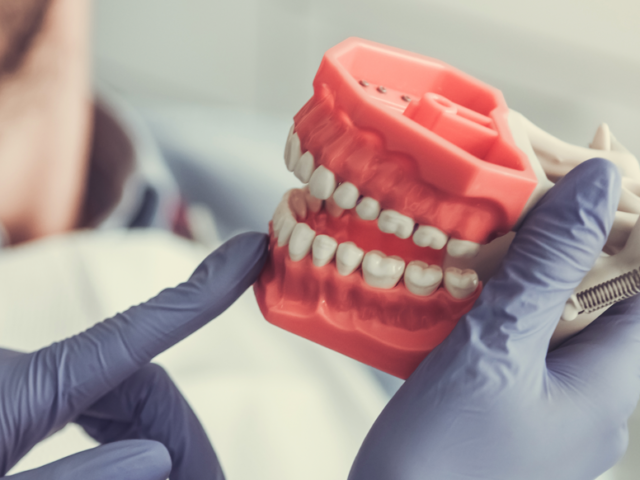Dental trauma or accidents can be emotionally and physically challenging, especially for young adults. These incidents not only affect the aesthetics of their smiles but also impact their self-confidence and overall well-being. However, with advancements in dental technology, restoring smiles after such traumatic events has become more achievable than ever before. One of the most effective solutions for replacing missing teeth and restoring oral function is through dental implants. In this article, we will explore the role of dental implants in restoring smiles for young adults after trauma or accidents. If you want to find great tips and information about dental implants for young adults, visit their homepage to learn more.
Understanding Dental Implants
Dental implants are artificial tooth roots made of titanium that are surgically placed into the jawbone beneath the gum line. They serve as a sturdy foundation for replacement teeth, such as crowns or bridges, to be mounted onto. Unlike traditional dentures or bridges, which rely on adjacent teeth for support, dental implants are standalone structures that offer stability and durability comparable to natural teeth.
The Benefits for Young Adults
For young adults who have experienced dental trauma or accidents, dental implants offer several significant advantages:
1. Aesthetics:
Dental implants closely resemble natural teeth in both appearance and function. They are custom-made to match the shape, size, and color of the surrounding teeth, ensuring a seamless integration with the smile. This aesthetic appeal can help young adults regain their confidence and feel more comfortable in social and professional settings.
2. Oral Health:
Missing teeth can lead to a variety of oral health issues, including bone loss, shifting of adjacent teeth, and difficulty chewing and speaking. Dental implants provide a stable and permanent solution for replacing missing teeth, which helps preserve the integrity of the jawbone and surrounding teeth. By restoring oral function, implants contribute to better overall oral health and reduce the risk of future complications.
3. Longevity:
With proper care and maintenance, dental implants can last a lifetime. Unlike traditional dentures or bridges that may need to be replaced every few years, implants are designed to withstand daily wear and tear without compromising their functionality or appearance. For young adults looking for a permanent solution to their dental problems, implants offer peace of mind and long-term reliability.

The Procedure
The process of getting dental implants typically involves several stages:
1. Consultation:
During the initial consultation, the dentist will evaluate the patient’s oral health, discuss their treatment goals, and develop a customized treatment plan. This may include taking x-rays and impressions of the teeth and gums to assess the condition of the jawbone and surrounding tissues.
2. Implant Placement:
The next step is the surgical placement of the dental implant into the jawbone. This procedure is performed under local anesthesia to ensure the patient’s comfort. Once the implant is securely in place, a temporary restoration may be attached while the implant integrates with the bone.
3. Healing and Integration:
Over the next few months, the implant will fuse with the surrounding bone through a process called osseointegration. This creates a strong and stable foundation for the final restoration to be attached.
4. Restoration:
Once the implant has fully integrated with the bone, a custom-made crown, bridge, or denture will be attached to the implant, completing the restoration. The final result is a natural-looking smile that functions and feels like real teeth.
Conclusion
Dental implants have revolutionized the field of restorative dentistry, offering young adults a permanent solution for replacing missing teeth and restoring smiles after trauma or accidents. With their aesthetic appeal, oral health benefits, and longevity, implants provide a sense of confidence and well-being that can positively impact every aspect of a young adult’s life. If you or someone you know has experienced dental trauma, consider consulting with a qualified dentist to explore the possibility of dental implants and take the first step towards restoring your smile and reclaiming your confidence.





